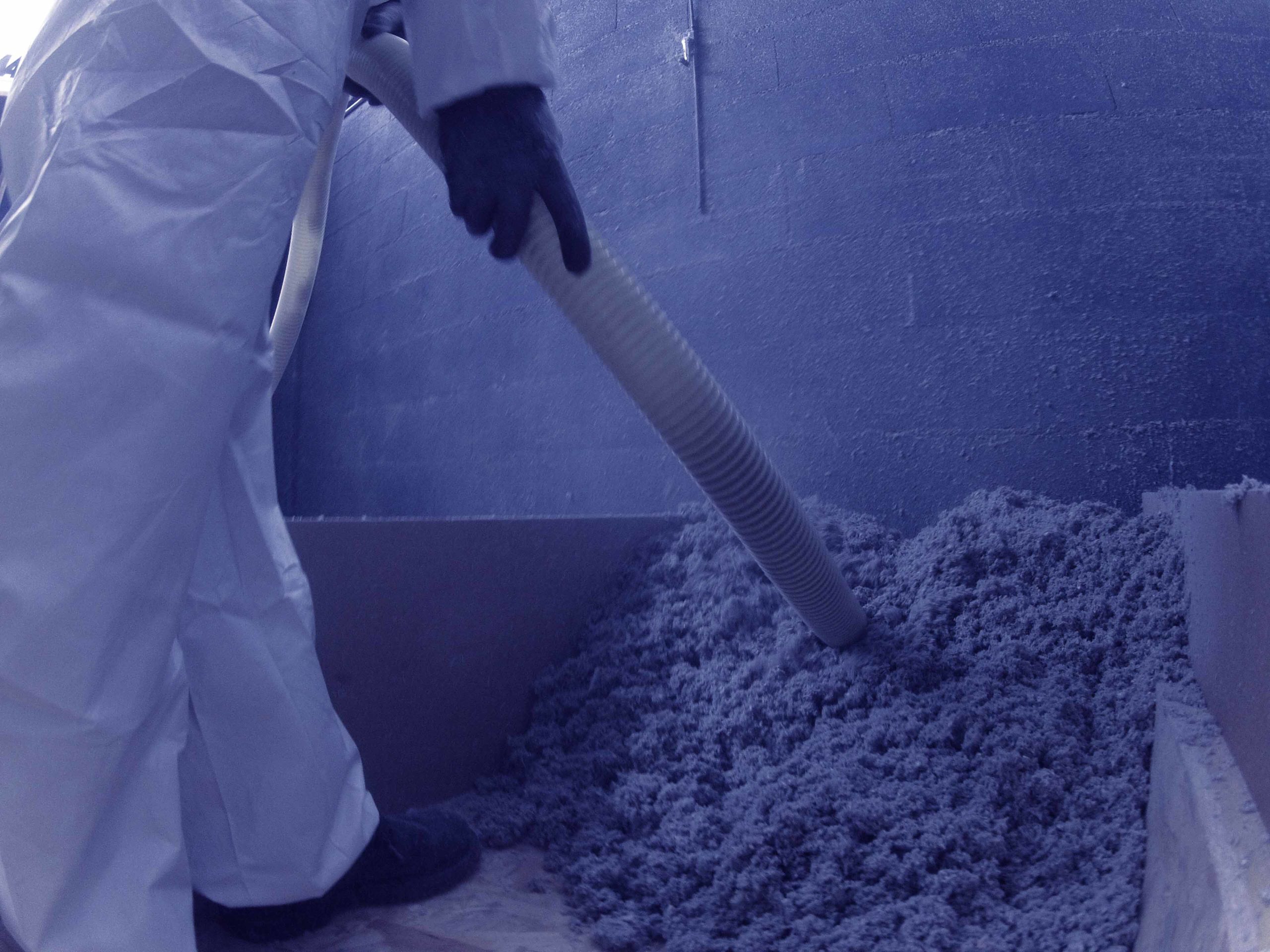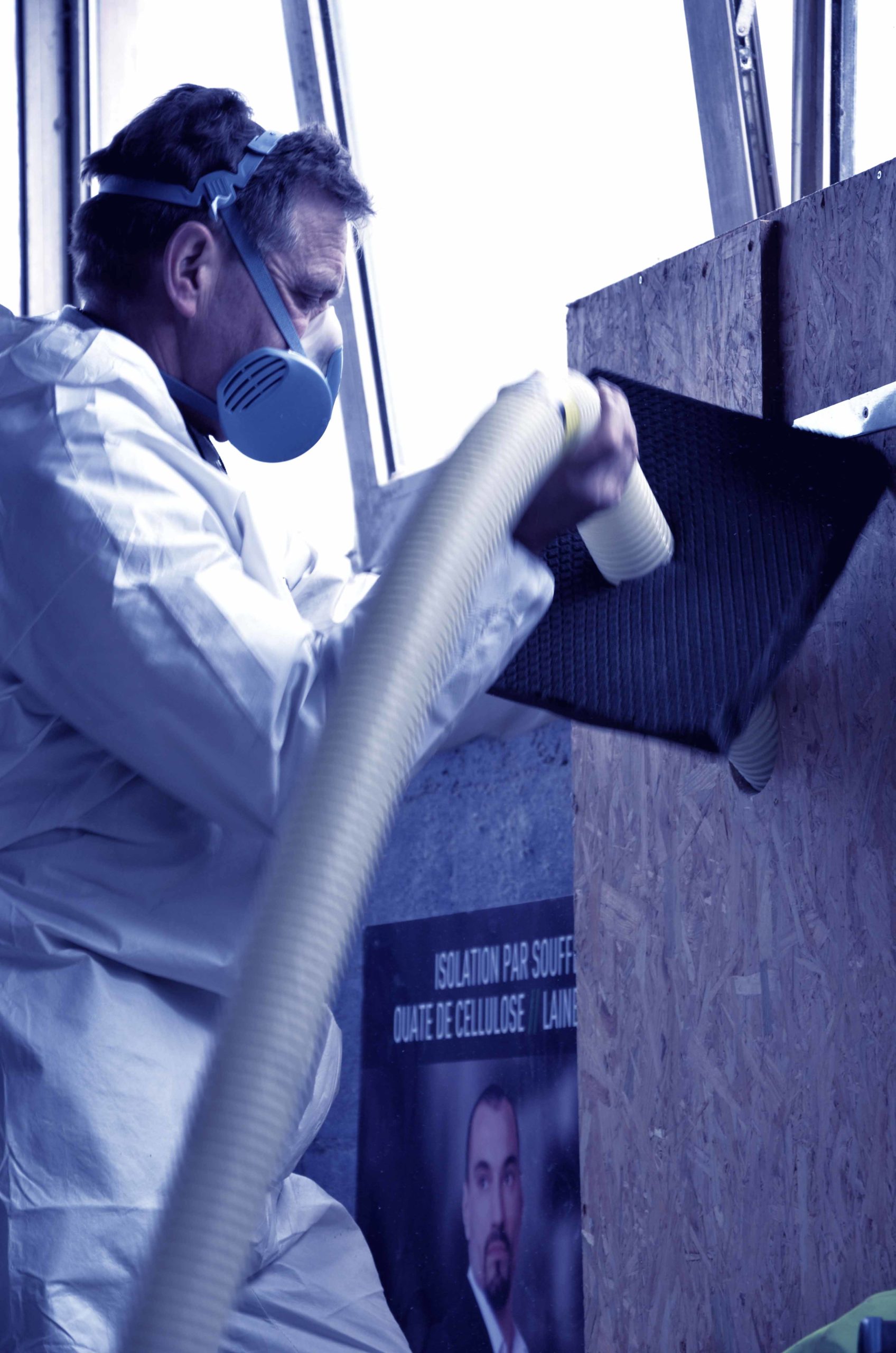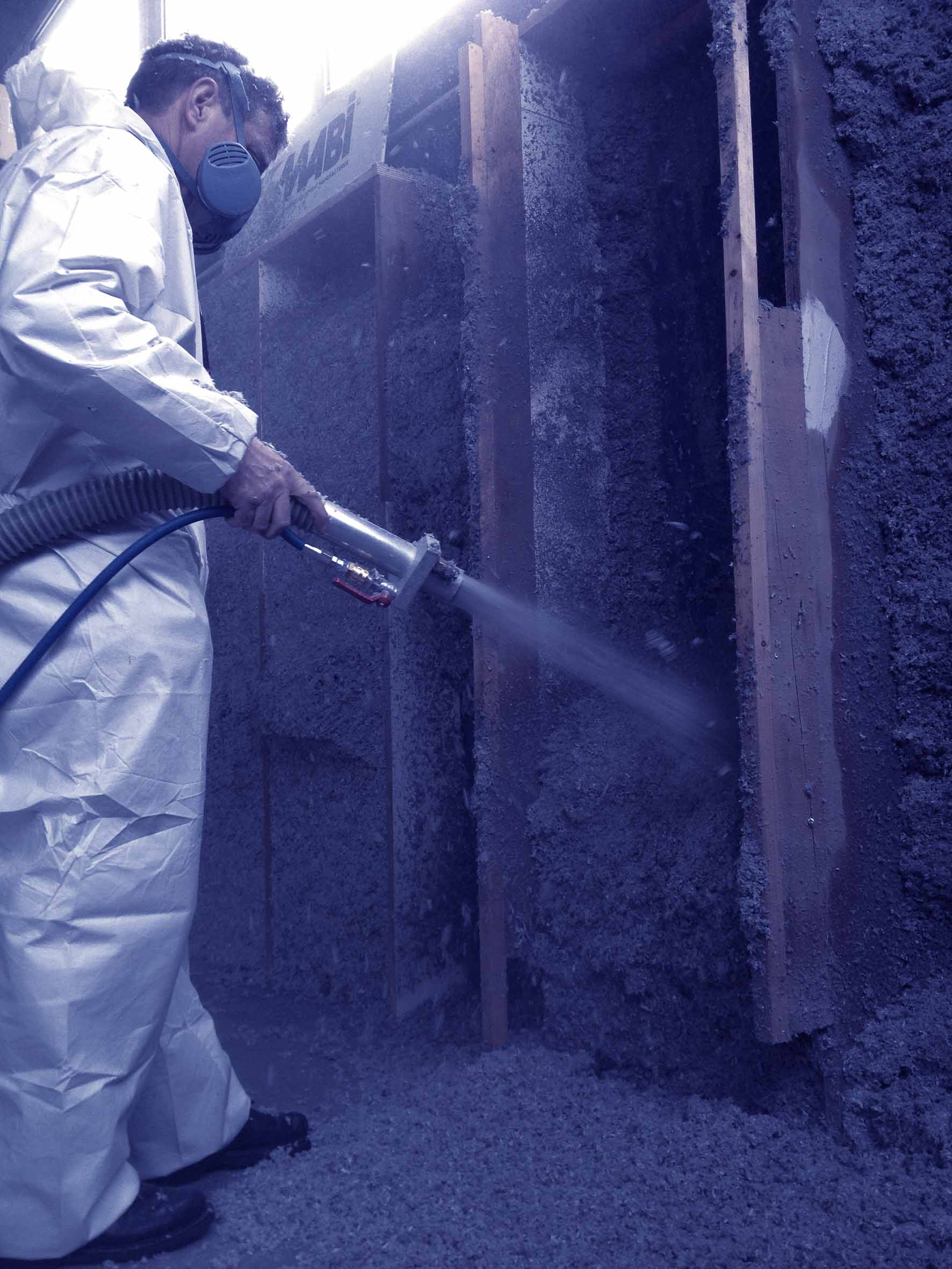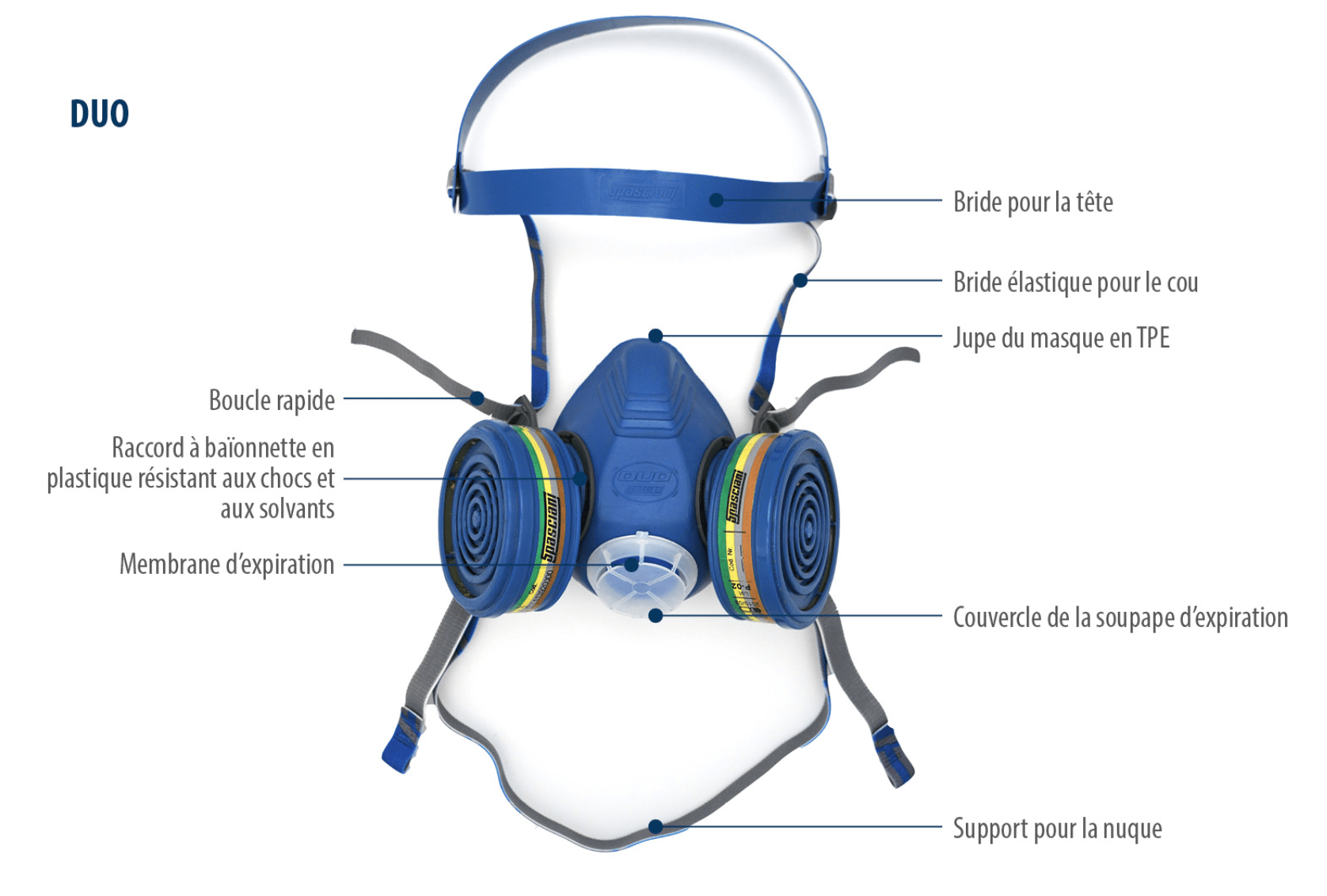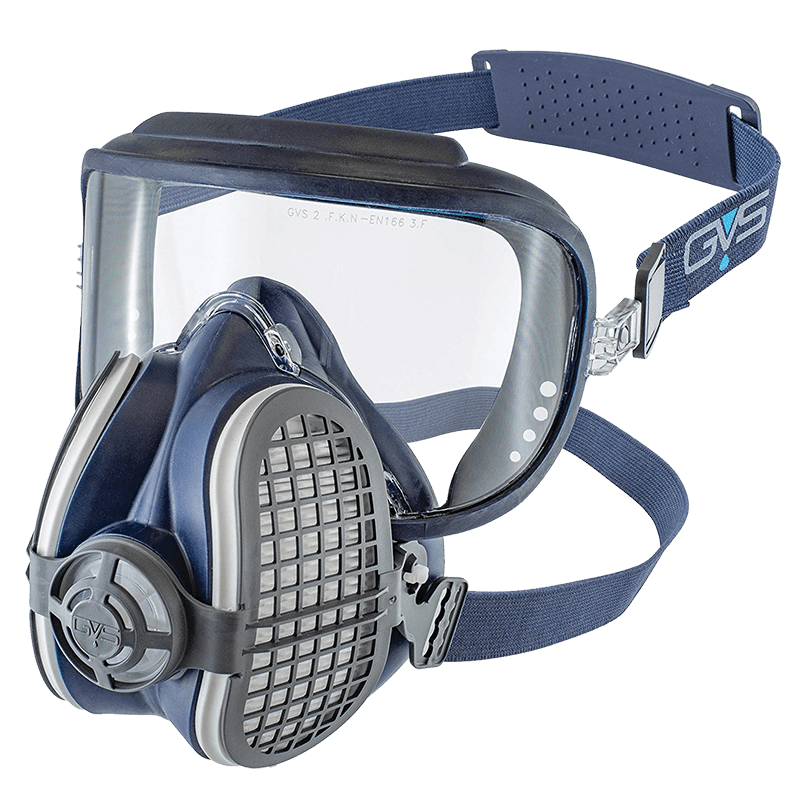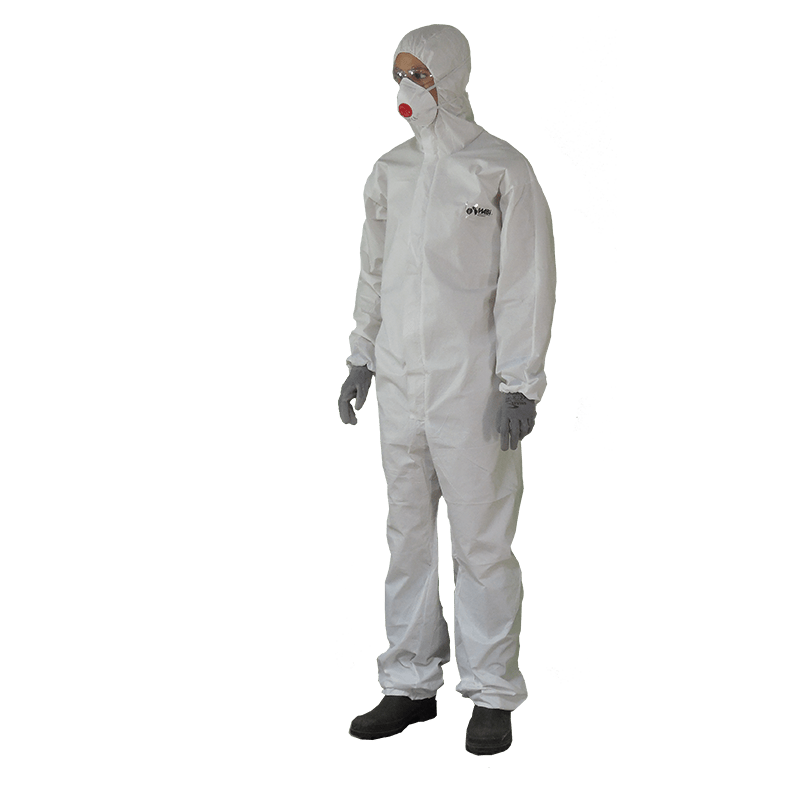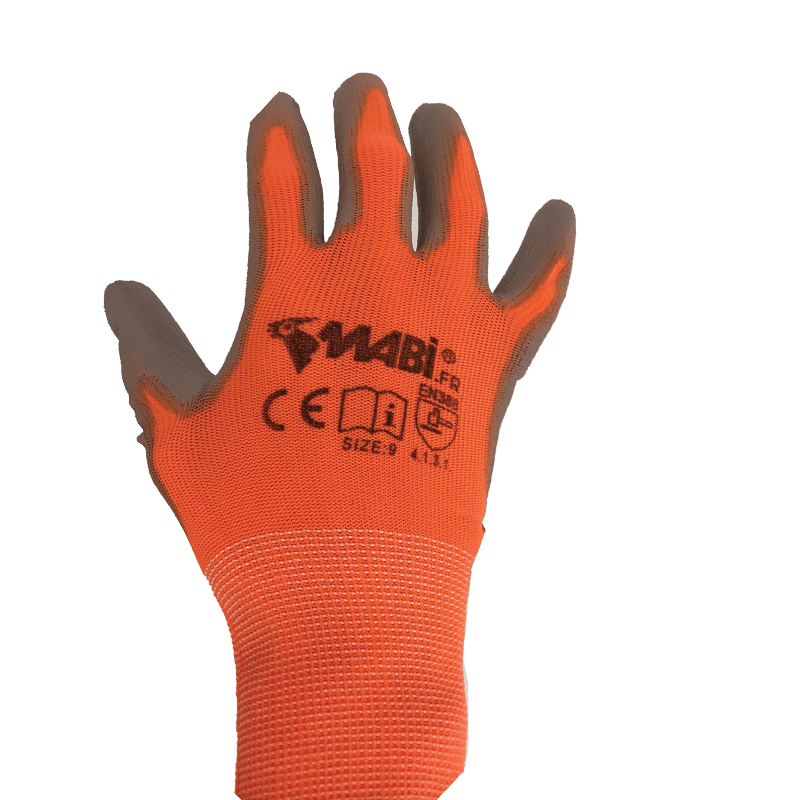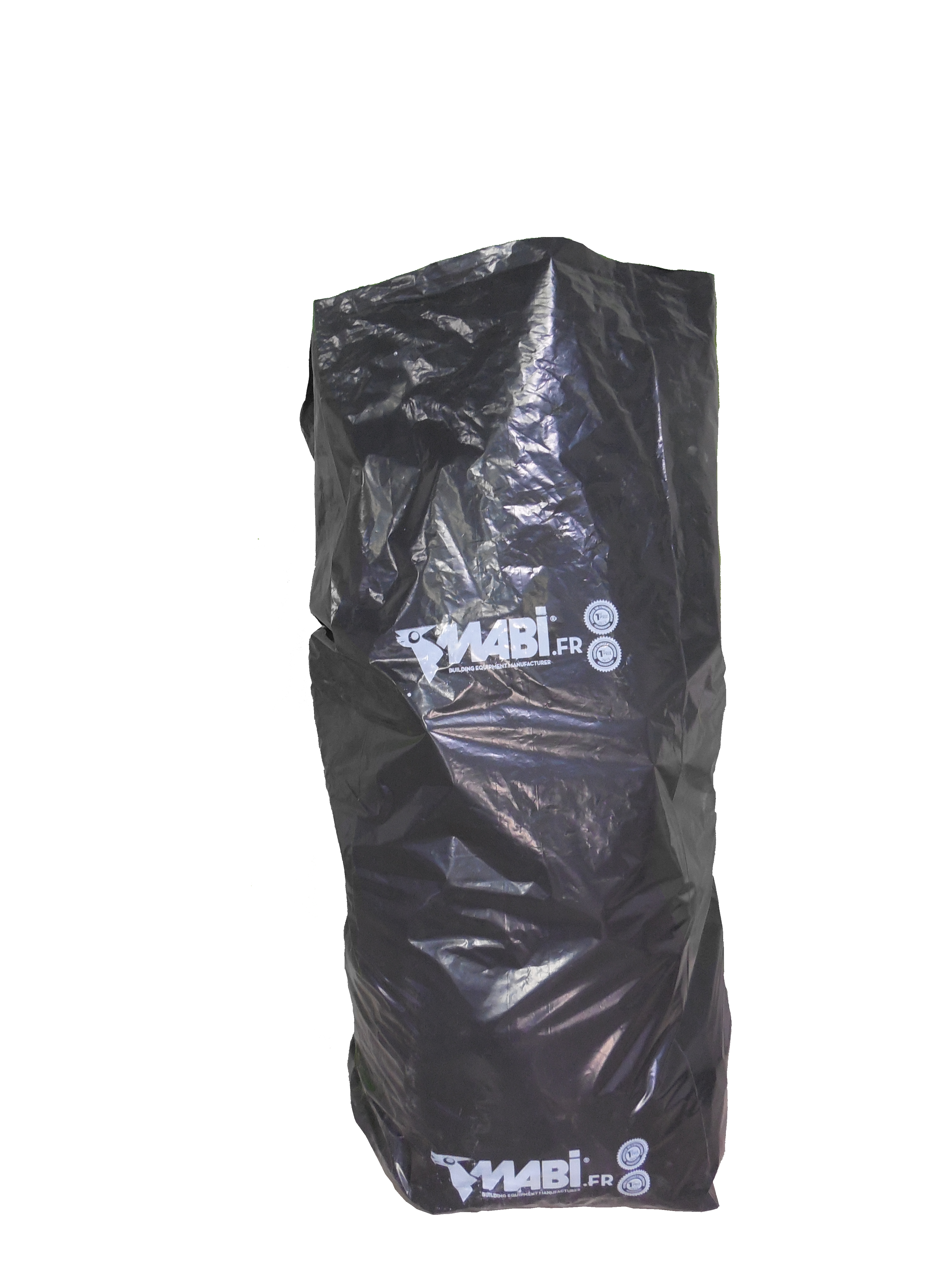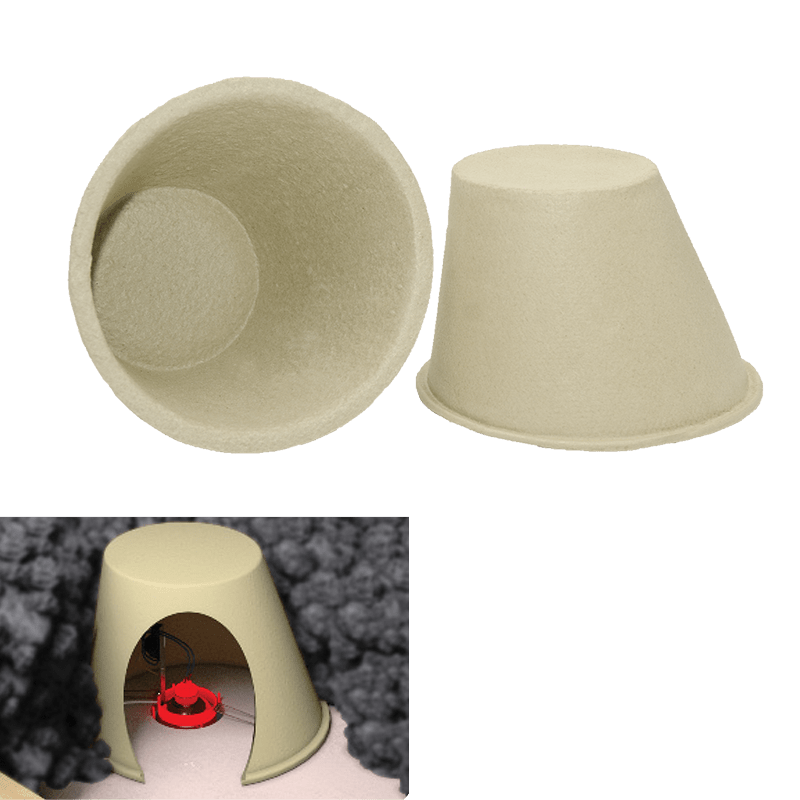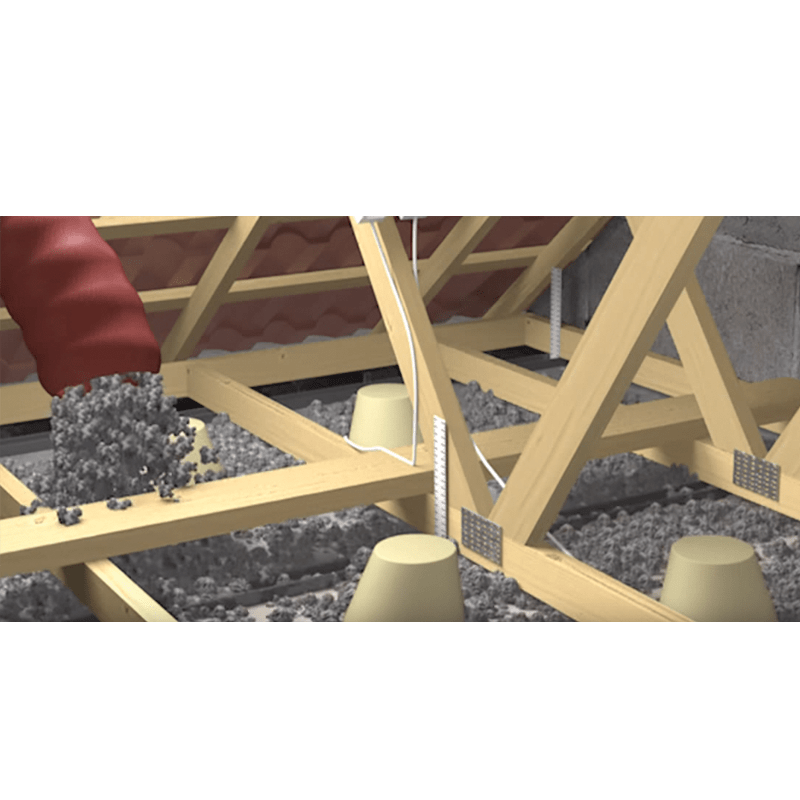The different types of insulation: cellulose wadding, glass wool, rock wool.
CELLULOSE WADDING
From vegetable origin, cellulose wadding is made from recycled newspapers or paper sludge from printing facilities. It is treated to resist fire, insects, and fungi.
GLASS WOOL
From mineral origin, glass wool is an insulating material invented in 1938, made from a natural product: sand, which is widely used for thermal insulation, soundproofing and fire protection in all types of buildings.
ROCK WOOL
From mineral origin, rock wool comes from basalt, a black volcanic rock present in many regions of the world. It is fireproof and does not propagate fire.
Insulation methods: blowing insulation, insufflation of the walls, spraying insulation.
Blowing insulation
Blowing insulation is used in most cases to insulate attics. After having found an access to the attic (which can be inside or outside), the insulation is projected on the whole floor of the attic and even in the most difficult to access corners, unlike insulation done manually. It allows to obtain a perfectly uniform insulating layer, and thus to eliminate at most the thermal bridges. Maximum efficiency for lost and unfinished attics.
DEFINITION
Consists in spreading fibers pneumatically and dry on an open horizontal surface, especially in attics that can be converted or lost.
ADVANTAGES
- Total rupture of thermal bridges
- Adapted to difficult places
- Fast execution
- Freedom of thickness according to thermal regulations
POSSIBLE PRODUCTS
Cellulose wadding, glass wool, rock wool, hemp, wood.
Insufflation of the walls
This technique is ideal for renovation because it allows to keep existing partitions without having to remove them. This can be beneficial for wall insulation, roof insulation under a slope, floor insulation, etc. The main advantage of this technique is that the insulation will be perfectly adapted to the different gaps behind the wall.
DEFINITION
It consists in injecting under pressure and dry the fibers in a closed box, such as floors, walls, slopes and roofs…
ADVANTAGES
- Total rupture of thermal bridges
- High density (variable according to the products used)
- No settlement and reinforced air tightness
- Freedom of thickness and phase shift (inertia)
- Insulation from the outside
POSSIBLE PRODUCTS
Cellulose wadding, glass wool, rock wool, cotton, wood, hemp…
Spraying insulation
It is a solution quite similar to blowing. The difference resides in the projected material: the cellulose wadding benefits from a contribution of water playing the role of fixative (papier-mâché). The insulation is projected on the walls in vertical.
DEFINITION
It consists of applying cellulose wadding under pressure with a small amount of water. The water allows a perfect adhesion of the wadding on a vertical wall.
ADVANTAGES
- Total rupture of thermal bridges
- High density
- No settling
- Reinforced air tightness
- Freedom of thickness
- Phase shift (inertia)
- Insulation from the outside
POSSIBLE PRODUCTS
Cellulose wadding.
Use the right PPE during insulation work.
In hard-to-reach areas, where heat is often intense (attics, etc.), the best way to protect yourself is to wear personal protective equipment that meets the requirements and standards.
The mask will allow the operator to limit considerably the inhalation of dusty particles.
It is also recommended to wear coveralls, gloves, and goggles.
Here is a selection of PPE adapted for your insulation and carpentry treatment sites.
Half-mask: order online
Half-mask: a professional, durable half mask. It is ideal for the protection of operators during the handling of chemicals and dusts and during spray painting. To be used with P3 filters.
Disposable half-mask: order online
Disposable half-mask: respiratory protection against the harmful action of dust, solid and/or liquid aerosols (FFP1-FFP2-FFP3).
Goggles half-mask: order online
Goggles dust mask: It protects the eyes in addition to the respiratory voices.
Dust coveralls: order online
Dust coveralls: Lightweight, ideal for dusty environments.
Handling gloves: order online
Handling gloves: Fine handling in dry or slightly greasy and dirty environments.
Garbage bag:
Waste disposal
Spotlight covers:
Under CSTB certification, spotlight covers are mandatory when installing insulation in the attic.
Dimension: 20X 17.25 X 30CM
Power: 3500 W
ORDER ONLINE

